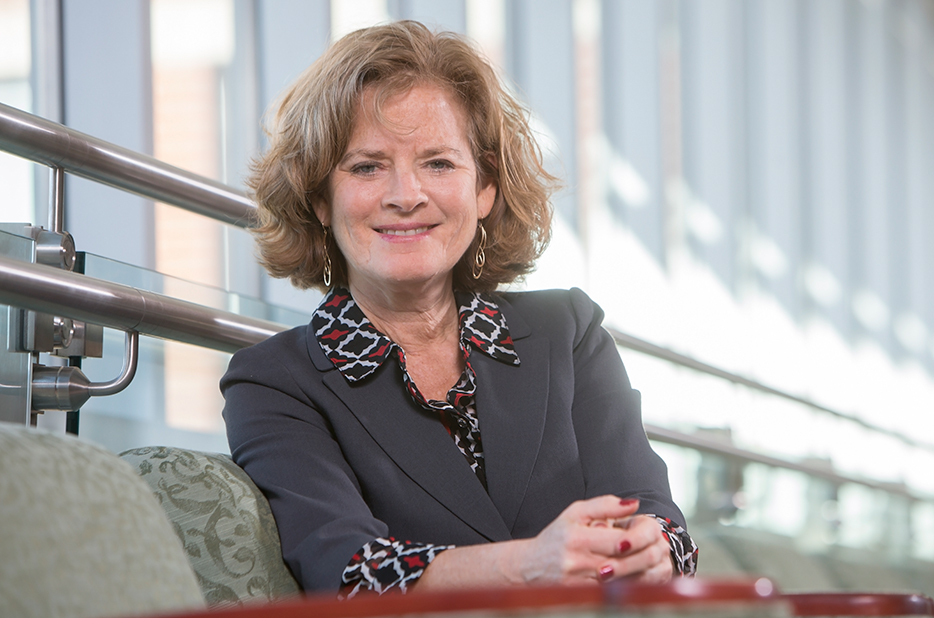
Broome County was designated to be a Promise Zone by New York state in 2013, and since then, Binghamton University students have been providing local public schools with services like tutoring, mentoring and dance lessons.
Promise Zones are high-poverty areas that need financial assistance in providing school services. There are four other designated Promise Zones in New York state, including two in New York City, one in Syracuse and one in Buffalo. The Broome County Promise Zone initiative is funded by the New York State Office of Mental Health, and the Broome County Mental Health Department receives the funding and partners with Broome-Tioga Board of Cooperative Educational Services and BU to help local schools.
The program uses a community school model, which is is the idea that schools act as centers where students and families can take advantage of a number of health and social services. This model emphasizes the idea of community in a school setting, and allows students to gain access to activities like tutoring or dance lessons that they wouldn’t necessarily be able to afford on their own.
Laura Bronstein, dean of the College of Community and Public Affairs, discussed community school models within high-poverty communities, like Broome County, in her new book, “School-Linked Services: Promoting Equity for Children, Families, and Communities.”
“I feel like school-linked services and community schools are really the best shot we have at breaking the inter-generational cycle of poverty,” Bronstein said. “What these programs do eventually is level the playing field for people from low-income communities with people from middle-class communities.”
Bronstein also said that the community school model is a great way for BU students to get involved.
“Linking the community schools’ work with University students is a really nice way for students to get a sense of civic engagement and how they can make a difference,” Bronstein said.
BU students make up the majority of volunteers and community partners for the initiative and are involved in a number of different ways. According to Elizabeth Carter, the assistant vice president for student development, students of all majors can volunteer through the Center for Civic Engagement or enroll in the Career Development Centralized Internship Program to receive credit.
“In addition to the normal tutoring, mentoring and after-school programs, we had some other different kinds of requests from schools,” Carter said. “Instead of just people who are interested in teaching or mentoring or working with K-12, we started to realize that there are needs that incorporate every major.”
Those needs include teaching dance, translating for students who speak different languages and teaching families about good nutrition.
“You would not believe how when the kids in K-12 see a college student come in, their eyes light up,” Carter said. “One of the principals told me that they’ll say, ‘When are the big kids coming?’”
Luann Kida, the Broome County Promise Zone community schools director, said that a big part of the program is making sure students and their families have access to mental health services.
However, she said, this encompasses a variety of activities, including family engagement, helping students with an art project or even just talking to students about the college. According to Kida, students who hear about college students’ experiences are more likely to consider it as an option for themselves.
“I say all the time that my goal is to have kids base their future on choices not by circumstances,” Kida said. “Not everybody has to go right to college, not everybody goes to college at all, but make that a choice.”


